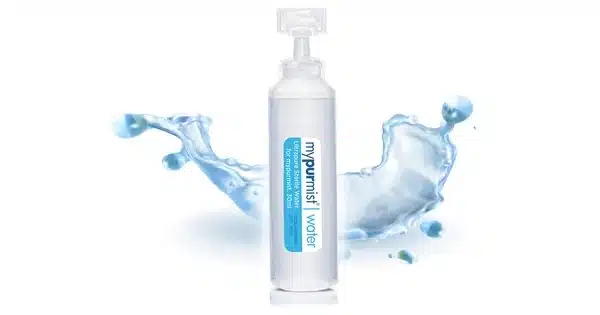Ultrapure water (UPW) is water that has been purified to an extremely high level, removing contaminants and impurities to achieve a level of purity that is greater than that of typical purified or distilled water. Water that has been purified to unusually stringent specifications is known as high-purity water or highly purified water (HPW).
Ultrapure water is a term commonly used in the manufacturing industry to emphasize that the water has been treated to the highest levels of purity for all contaminant types, including organic and inorganic compounds, dissolved and particulate matter, volatile and non-volatile, reactive and inert, hydrophilic and hydrophobic, and dissolved gases. The purification process involves several stages in order to achieve water quality that meets industry or scientific standards.
Here are some key aspects of ultrapure water:
- Removal of Impurities: Impurities such as ions, particles, organic molecules, and microorganisms are removed from ultrapure water through advanced purification processes. Distillation, deionization, reverse osmosis, and advanced filtration techniques are all common methods.
- Purity Standards: It’s frequently required in industries where even trace amounts of impurities can have a big impact, like semiconductor manufacturing, pharmaceuticals, biotechnology, and laboratories. These industries have high purity requirements, and ultrapure water is critical to their operations.
- Conductivity: Electrical conductivity is one indicator of water purity. Because of the removal of ions, ultrapure water typically has extremely low conductivity. This is critical in industries such as electronics manufacturing, where even trace amounts of impurities can disrupt delicate processes.
Applications
UPW and the more commonly used term deionized (DI) water are not synonymous. Aside from removing organic particles and dissolved gases, a typical UPW system has three stages: a pretreatment stage to produce purified water, a primary stage to further purify the water, and a polishing stage, the most expensive part of the treatment process.
- Semiconductor Industry: It is widely used in the manufacturing of semiconductors, microchips, and other electronic components to prevent contamination that could impair the performance of these devices.
- Pharmaceuticals and Biotechnology: It is used in the manufacture of pharmaceuticals and biotech products where the presence of impurities could affect the quality and safety of the final products.
- Laboratories: It is vital for experiments and analyses in laboratories, where the absence of contaminants is critical for accurate results.
Storage and Distribution
Ultrapure water is frequently stored and distributed in specially designed systems made of materials that do not leach impurities into the water. The distribution systems are also designed to prevent contamination during transport.













